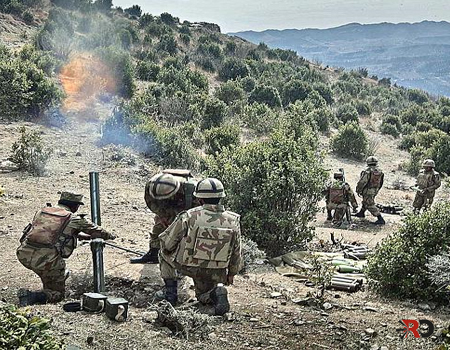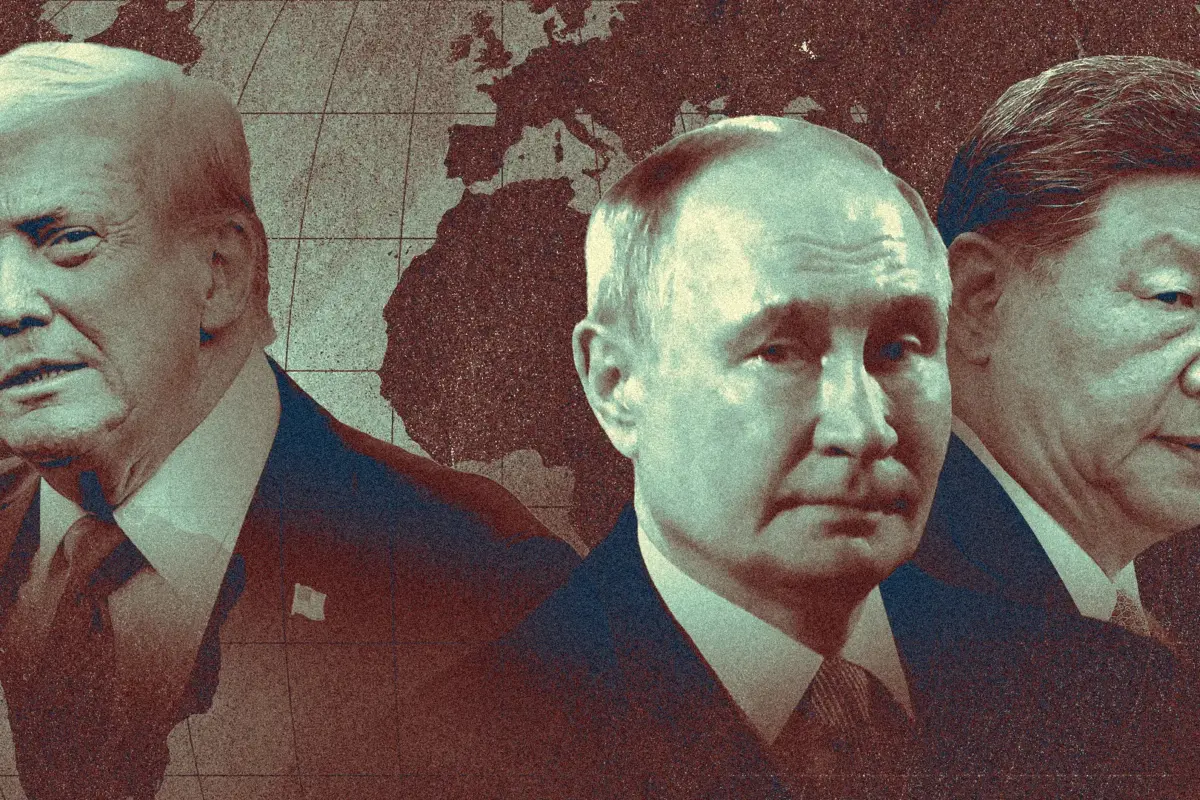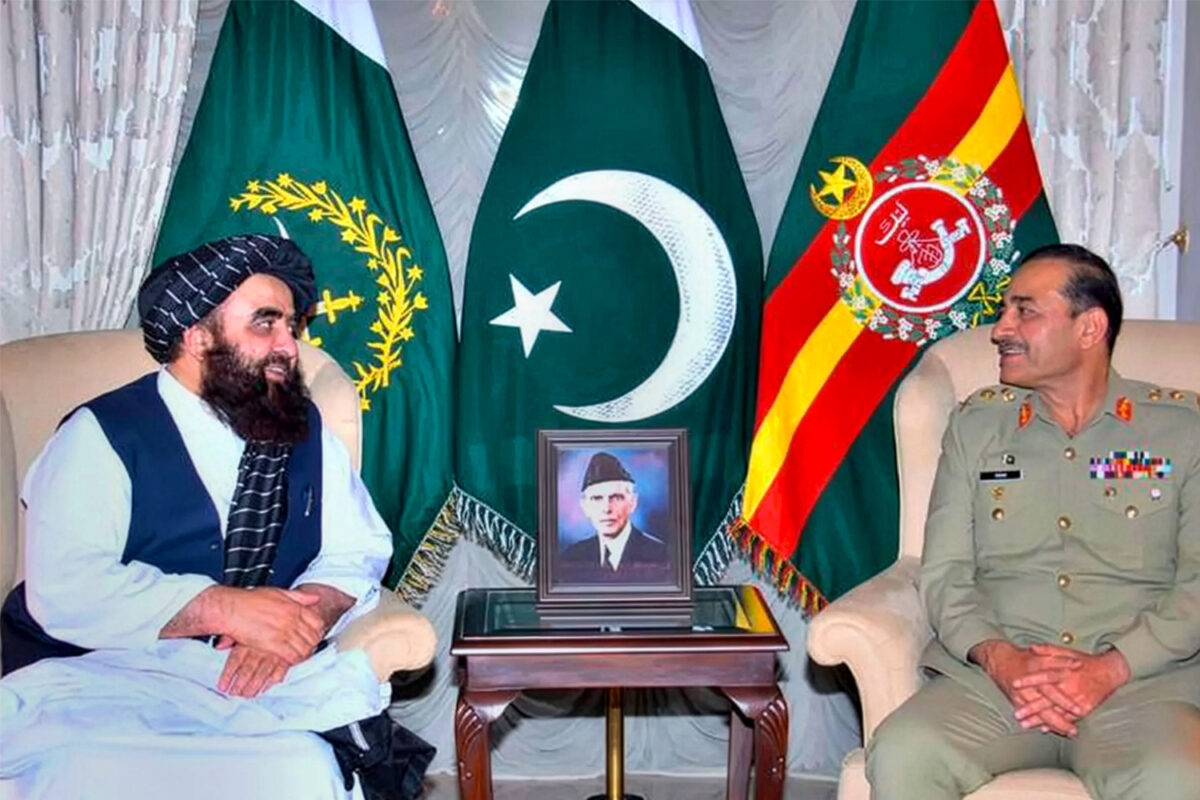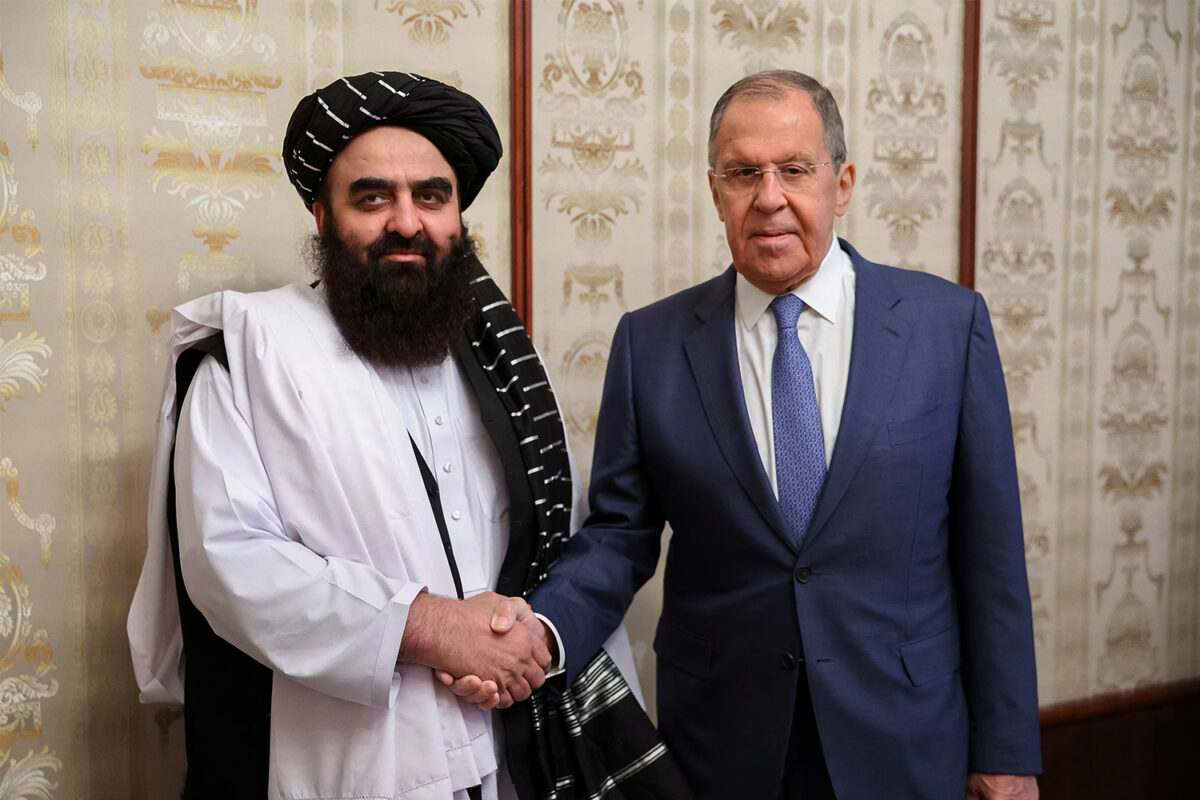By Bilal Khan
Over the past several weeks the Pakistani military undertook a series of airstrikes in North Waziristan, a stronghold of the Tehreek-e-Taliban Pakistan (TTP). The latest of these strikes claimed 30 lives and were in response to the execution of 23 paramilitary soldiers in the Mohmand Agency. The executions were in response to the extra-judicial killings of 23 TTP held prisoner by the government (which security officials denied).[1] In effect, the Pakistani forces and the TTP have locked themselves in a series of violent exchanges.
This recent surge in violence comes in the midst of a number of incidents. Talks between the TTP and the Pakistani government have effectively broken down. However, it was clear from the onset of the process that Nawaz Sharif was never serious about resolving the conflict (in Pakistan) through talks. Compounding this situation has been the prevailing environment of insecurity and instability in the country resulting from bombings and other violent activities in major cities, such as Peshawar. Although an all-out offensive in North Waziristan has yet to take place, plans for the operation have reportedly been set and are awaiting the approval of General Raheel Sharif, the Chief of Army Staff. Nonetheless, the recent air strikes were sufficient to spur the TTP leadership to declare “war” against the Pakistani military.[2] Combined with the existing instability in the region (e.g. Peshawar bombings), a new conflict between the military and TTP will plunge Pakistan into another costly conflict with itself.
Supporting the US-led “War on Terror’ has already cost Pakistan upwards of $100bn in the way of direct costs and indirect impacts.[3] In effect, another conflict between the two sides will serve to weaken Pakistan and the Taliban, and on the other end, strengthen America’s capacity to maintain a firm hold of the region. Upon assuming office, Nawaz Sharif was vocal in his call for conducting talks with the TTP. However, as far as the conflict within Pakistan is concerned, achieving a genuine solution was never an objective. The population sought an end to the internal fighting and instability, and the promise of talks was pushed by Nawaz Sharif as a means to partly satisfy public dissatisfaction. However, the terms set by Nawaz Sharif essentially demanded the unconditional capitulation of the TTP, whereas the TTP demanded that Sharif and his government cease cooperating with the US.[4] However, it is clear that Sharif never intended to accede to such demands, especially after he personally went to Washington in October to secure $1.6bn in Coalition Support Funding for use in fighting the TTP.
Despite its singular label of ‘Tehrek-e-Taliban Pakistan’, the TTP is still at heart a coalition of different armed groups from the tribal areas. Groups belonging to different tribal agencies are susceptible to holding varying views of thought on policy. For example, the Mohmand Agency chapter of the TTP allegedly splintered and called itself “Ahrar ul-Hind” in order to denounce the talks between the TTP and Nawaz Sharif government.[5] This dynamic makes TTP susceptible to a lack of agreement and coordination on policy, and at worst, infiltration and exploitation by outside elements.
As in prior years, the conflict within Pakistan will have a significant impact on the wider region, particularly in regards to America’s presence in Afghanistan. With the Bilateral Security Agreement (BSA) tabled, the US intends to maintain a long-term presence in South-Central Asia. However, given its fiscal and economic troubles, as well as the sheer expense of its current overseas efforts (costing $85bn+ in 2014)[6], this presence must be relatively light. In order to achieve that goal, the Taliban must cease being an active belligerent against US interests in Afghanistan.
A full-scale operation in North Waziristan in Pakistan would result in weakening the Taliban’s capacity to fight in Afghanistan, especially since the tribal areas in Pakistan have been a zone of mobilization, training and support (since the Soviet occupation in the 1980s). If the Taliban are critically weakened, the US would be in a better position to pull the Taliban onto the negotiating table in Afghanistan, and in the process, neutralize the Taliban as a threat. The Americans have already made moves towards opening talks with the Taliban.[7] If the Taliban are forced to accept the status-quo in Afghanistan (e.g. the BSA), the Americans can proceed with maintaining a sustainable presence in the region.
The second major achievement of an offensive in Waziristan would be the weakening of Pakistan. By having to sustain a war within its own borders, Pakistan will have to sustain excessively high costs to its economy and stability. This in turn will undoubtedly derail the objectives of its military, i.e. to strengthen its strategic capabilities, modernize its equipment and maintain itself as a viable threat to India.
Pakistan’s fiscal problems have already scuttled a number of major programs, such as the FC-20 (aka J-10B) fighter purchase from China, among others.[8] Another conflict over Waziristan suits America precisely because it keeps a country with increasingly strong anti-American sentiments too distracted (and incapable) of threatening US interests in the region, especially in the long-term.
[1] http://www.defensenews.com/apps/pbcs.dll/article?AID=2014302240020
[2] http://www.defensenews.com/apps/pbcs.dll/article?AID=2014302240020
[3] http://www.dawn.com/news/1072098/12-year-war-on-terror-cost-100bn-says-dar
[4] http://www.pakistantoday.com.pk/2014/02/25/national/drop-your-guns-govt-demands-of-taliban-as-nisp-is-approved/
[5] http://www.dawn.com/news/1087122/ttps-splinter-group-opposes-talks-with-govt
[6] http://www.defensenews.com/article/20140114/DEFREG02/301140032/War-Funding-Climbs-Omnibus-Bill-First-Time-Since-2010
[7] http://www.reuters.com/article/2014/02/18/us-afghanistan-usa-taliban-idUSBREA1H1QB20140218
[8] http://www.defensenews.com/article/20140210/DEFREG/302100032/Thunder-Resonates-Modernization-Inches-Forward-Pakistan





